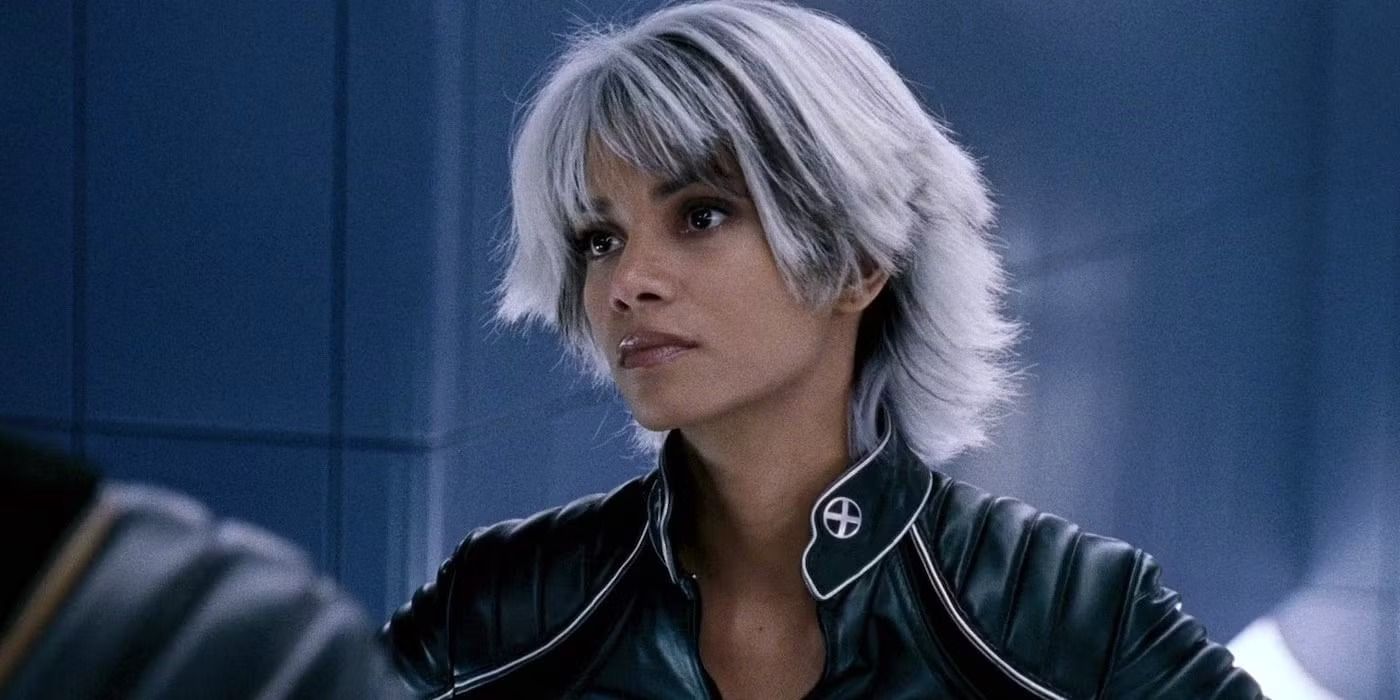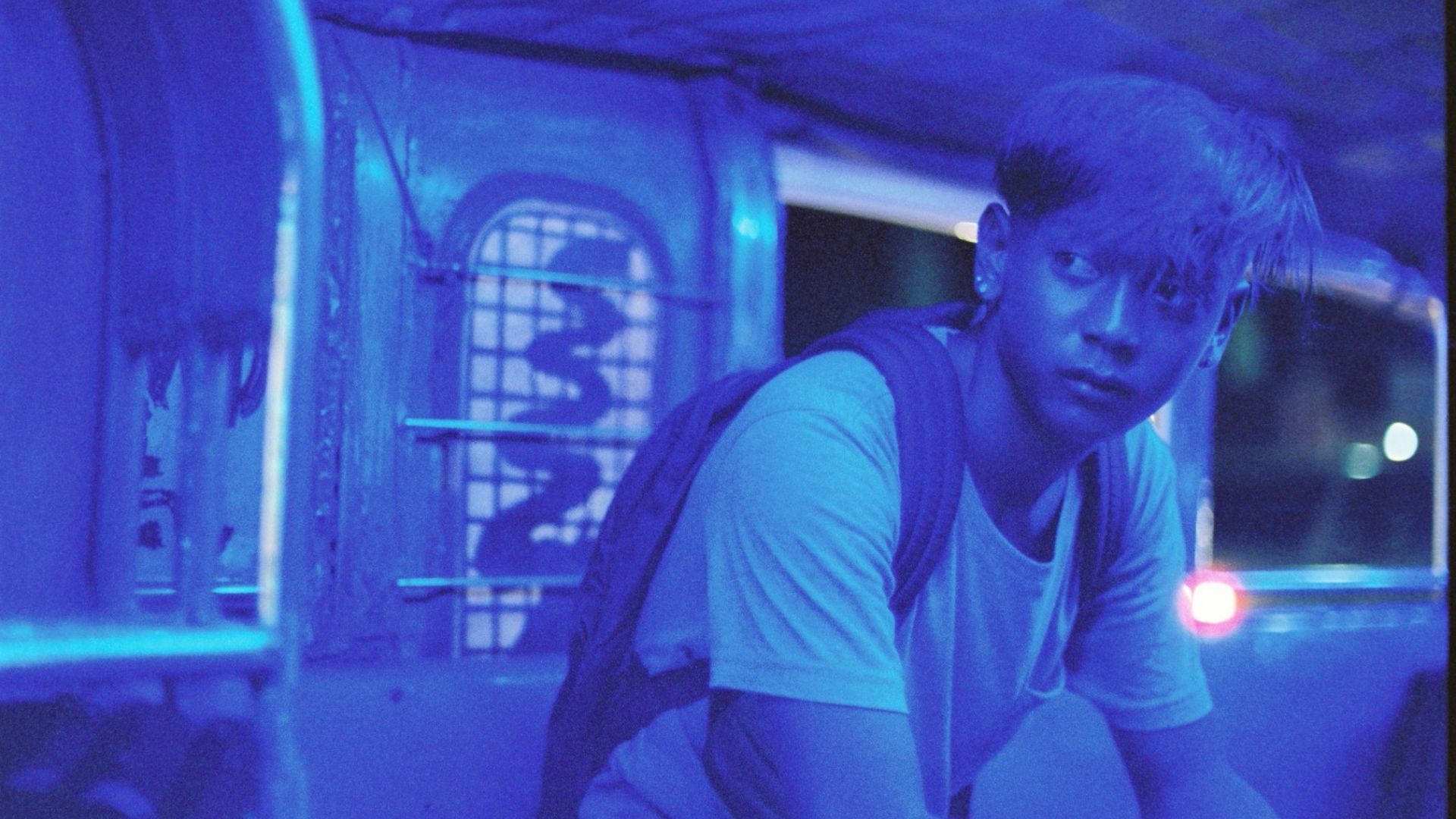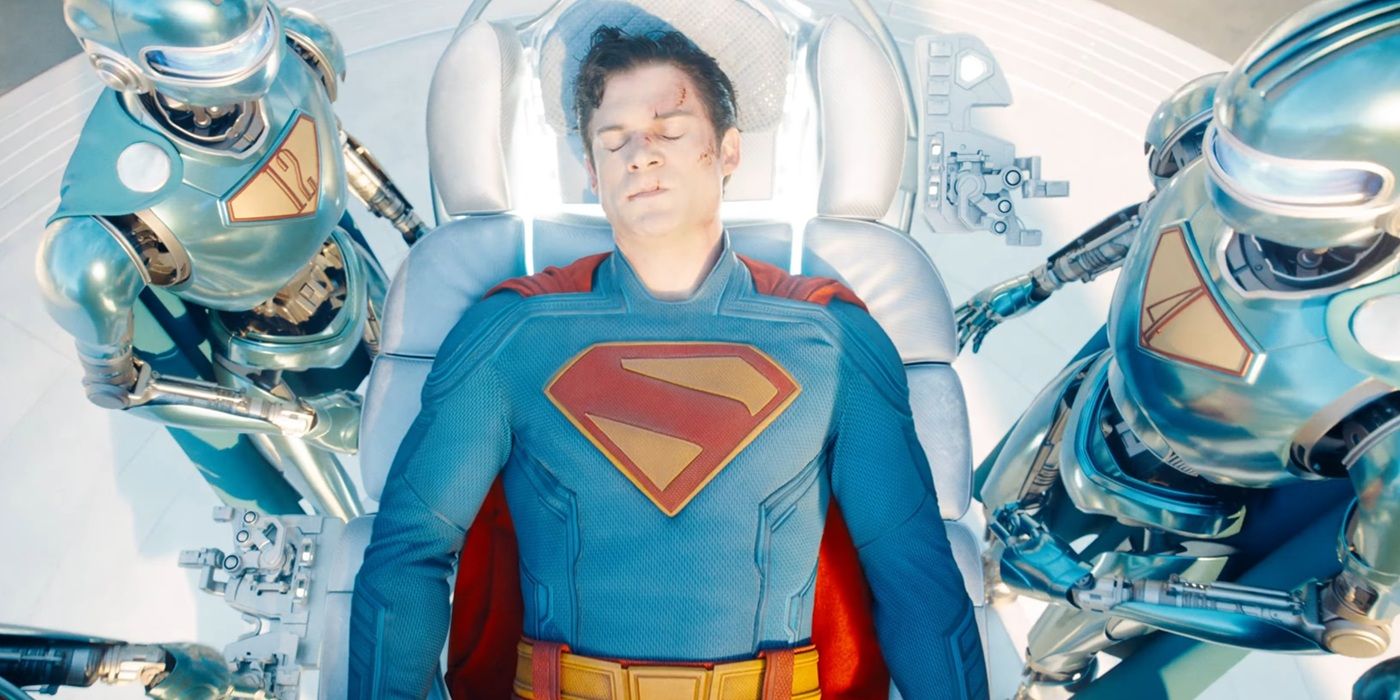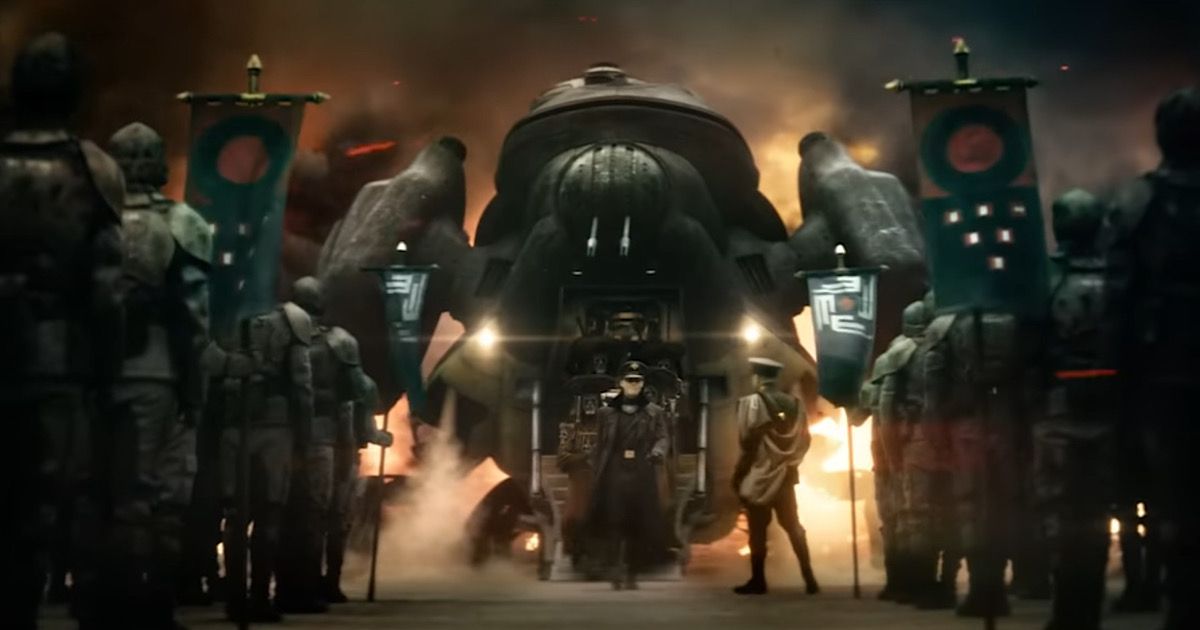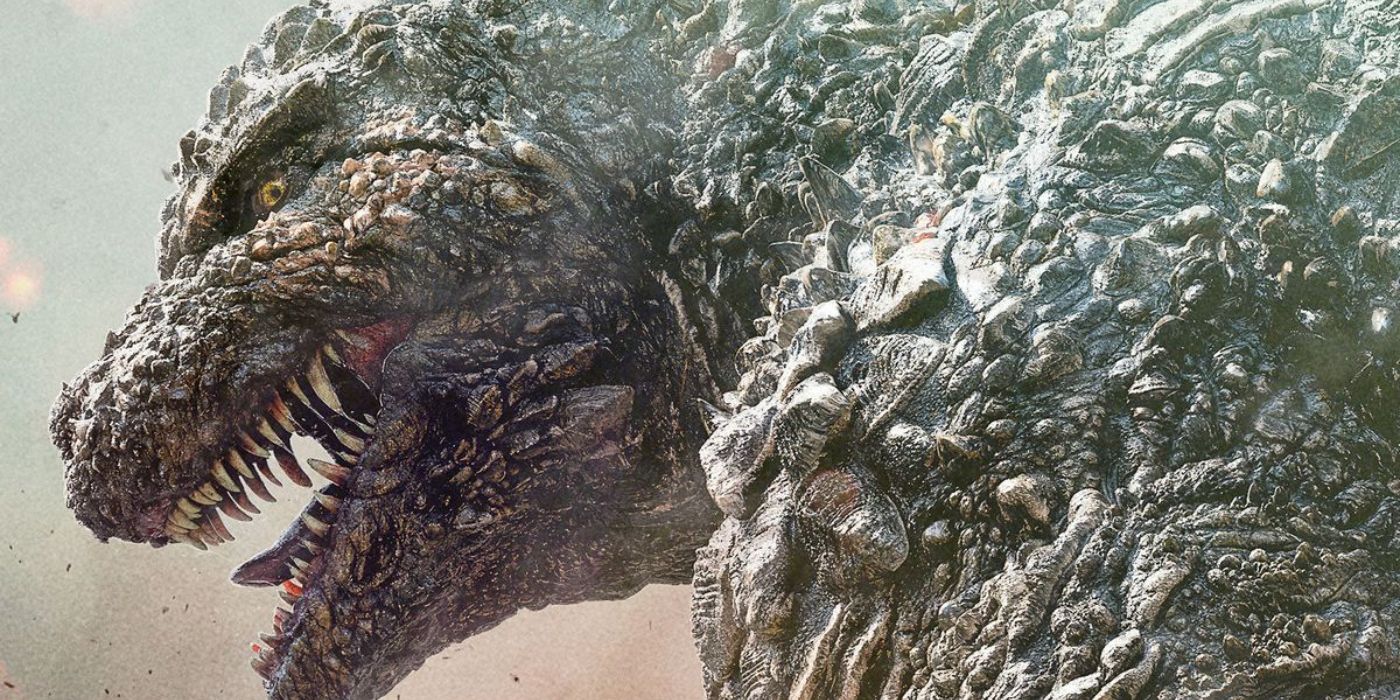Williams channeled his musical lineage as the hero’s father in the heartfelt, thrilling, but often depressingly misogynistic “Purple Rain”—a rage-filled composer-pianist and domestic abuser who has spent his life marinating in feelings of failure. Williams’ moments of fury and self-loathing are truly powerful, and their truth resonates beyond anything that can be mustered by the rest of the main cast, which is comprised mainly of musicians who have screen charisma but lack Williams’ acting experience and formal training. The images of the emotionally ruined Father (whose birth name is never spoken) playing piano alone as his son, known only as The Kid, looks on, convey a sense of great potential squandered, articulating the hero’s superhuman drive to succeed on his own terms more poignantly than dialogue could. (Williams’ character in 1993’s “Sugar Hill,” the drug-addicted musician father of two drug-dealing brothers (Wesley Snipes and Michael Wright, feels like an echo of his “Purple Rain” character.)
Williams brought a trace of the uncanny to dramas and comedic alike. He knew that his intensity—complete with raspy voice and I-can-see-into-your-soul gaze, often coupled with a wicked grin and mane-like hair—could be funny as well as scary. He used his live-wire vibe for laughs in projects like Tales from the Hood, where he played the funeral home director Mr. Simms, a delectable horror-movie turn worthy of Boris Karloff at his most playful. His delivery often strikes Karloffian notes, and he told reporters at the time that he wanted to pay tribute to the horror movies he loved as a child. Describing his work, Simms calls embalming fluids “the kind of drugs that keep bodies from smelling” and inserts an exuberant inhaling noise between the last two words.) Here, as he did so often, Williams invested a grand role in a genre film with little details drawn from life. In a 1995 interview with NPR’s Terry Gross, he said that he briefly lived over a funeral parlor on 135th Street and 7th Avenue in Harlem, four doors down from Small’s jazz club in Harlem. Another of his grandmothers, Helen Williams, often played the the organ there, and at Riker’s Island as well.
Williams credited his resurgence in the 1990s as a heavy-hitting character actor to director John Frankenheimer, an acclaimed action director who also made realistic dramas and historical epics. A close friend of Robert F. Kennedy who was with him on the night of his assassination, Frankenheiimer was a left-leaning critic of racism and institutional rot. Frankenheimer cast Williams in four projects—“52 Pick-Up,” “Against the Wall,” “Reindeer Games” and “George Wallace”—and requested that he be cast in “The General’s Daughter,” a military thriller in which Frankenheimer had a small but pivotal role as an actor. Frankeheimer often earmarked plum roles for Williams that cast him as a sort of retaliatory karmic force or Max Cady-like tormentor from the streets, punishing soft, white, middle-class characters for their passive complicity in racism and their inability to concieve of how hard life could be for people born without advantages.
You can view the original article HERE.


